Keeping a car in excellent running condition requires regular tune-ups and maintenance. In 2025, car tune-up costs vary based on the vehicle make, model, age, and the extent of service required. Understanding average prices and adopting smart maintenance habits can help vehicle owners manage expenses while ensuring their car performs efficiently and safely.
Average Car Tune-Up Costs in 2025
The expense of an Car tune-up in 2025 predominantly relies on the type of service:
- Basic Car Tune-Up: This usually involves inspecting and replacing spark plugs and ignition parts. Costs generally vary between $40 to $150.
- Full Car Tune-Up: This thorough service typically involves replacing spark plugs, air filters, fuel filters, and examining or adjusting engine components. Estimates range roughly from $200 to $800.
- Major Service Tune-Up: For older or high-mileage vehicles, an extensive tune-up covering a wide range of parts and labor can cost somewhere in the range of $500 and $1,200, contingent on the automobile and intricacy of the service required.
Luxury or performance cars typically incur higher tune-up prices due to specialized parts and labor demands
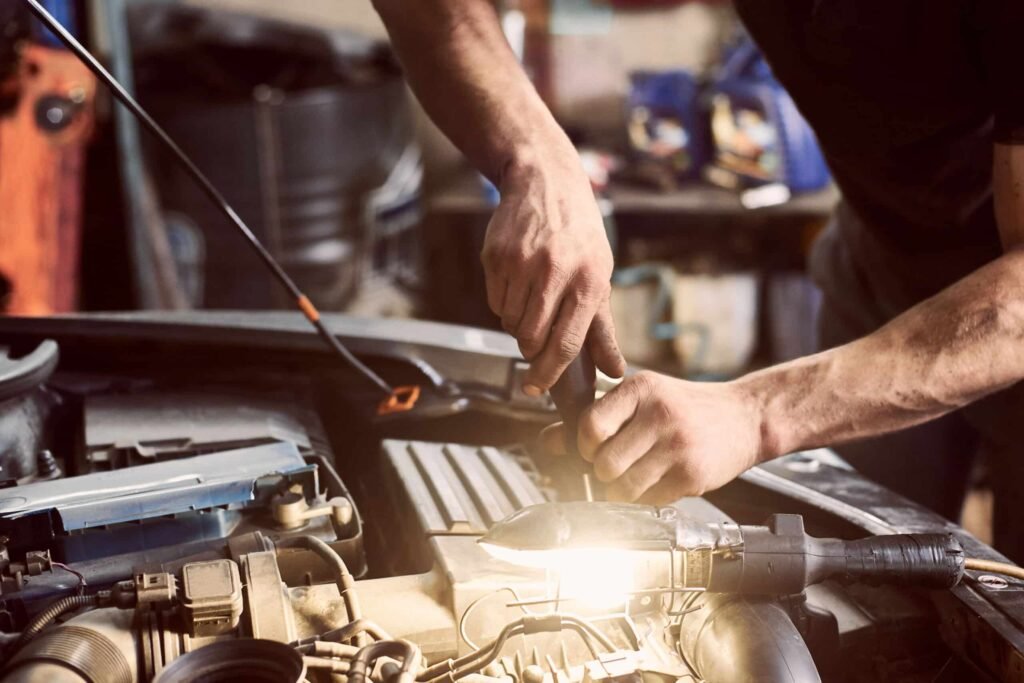
Average Annual Car Maintenance Costs
Average annual car maintenance costs in 2025 (excluding tune-ups) are generally between $500 and $2,000, depending on a car’s age, brand, and mileage. For routine maintenance and unexpected repairs, most car owners will spend between $900 and $1,500 a year, or about $100 to $150 a month.
Vehicles under warranty typically have low maintenance costs, frequently under $500 a year, which is almost all covered by oil changes and tire rotations. As vehicles get older, maintenance costs will increase because of replacements such as brake pads, alternators and suspension components.
Key Components Checked During a Tune-Up
A full tune-up generally means checking and/or replacing key engine parts that can influence engine performance and fuel economy, such as:
- Spark plugs & wires: They are responsible for the correct ignition of the fuel and its comprehensive consumption to avoid engine overheating and to enhance fuel economy.
- Air Filter: Prevents dirt and debris from entering; a clogged filter will limit airflow and reduce efficiency.
- Fuel Filter: Prevents fuel impurities from clogging injectors, ensuring smooth engine operation.
- Belts & Hoses: Made sure there are no signs of wear or cracks that could cause an engine to break down.
- Fluids: Engine oil, coolant, brake fluid, and transmission fluids are checked and replaced as necessary.
Additionally, exterior and interior lights are inspected to ensure safety on the road.
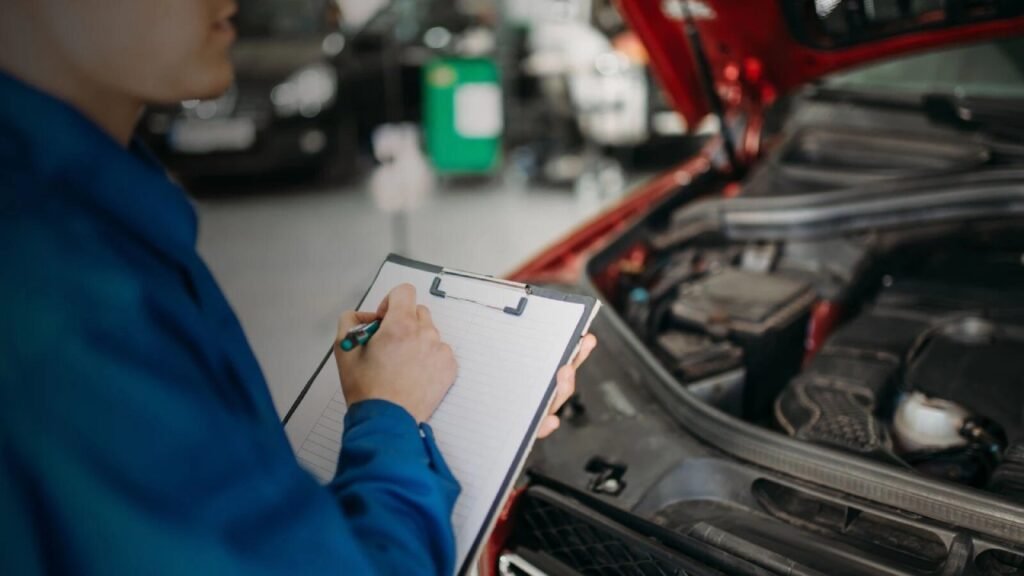
Why Regular Tune-Ups Matter
Having regular tune-ups performed on your car ensures that it runs smoothly, operates efficiently and your engine lasts an extended period. Identifying and resolving these minor issues as soon as possible saves you money in expensive repairs in the long run, as well as ensures your automobile stays within emissions regulations to protect the environment at large.
Smart Maintenance Tips to Lower Costs
By following these simple tips, vehicle owners can save money and help prolong the life of their car:
- Follow the Manufacturer’s Schedule: Never skip service intervals listed in the owner’s manual because this will only lead to more serious issues down the road.
- Monitor Fluids on A Regular Basis: Examine the oil, coolant, and brake fluids about once a month to avert leaks.
- Regular Oil Changes: Consistent oil changes are crucial to reduce engine wear and keep the performance.
- Check tires monthly: Maintain correct tire pressure for better gasoline mileage and tire life; change tires when excessively worn.
- DIY Simple Maintenance: Tasks like changing wiper blades, air filters, and batteries can be done at home, saving labor costs.
- Get Multiple Repair Quotes: Shopping around helps find the best prices for tune-ups and repairs.
- Take Care of Your Battery: Clean the twist terminals and replace every 3-5 years to prevent system breakdown.
- Use Quality Parts: Do not cheap out and install cheap parts that make you go through the same problem over and over, end up spending more.
- Look for an Extended Warranty: When the cars are older, finding out they have had some issues in the past can be hard to deal with, but an extended warranty can help buffer the cost of repairs.
- Be Mindful: Keep an eye on dashboard warning signals and strange noises so you can identify issues quickly.
Environmental and Financial Benefits
Regular tuning makes vehicles more reliable, reduces harmful emissions, and helps save on fuel costs. As gas prices go up and down, every little bit helps and better maintained engines generally burn the gas they do use more efficiently. The carbon footprint of a vehicle is best minimized when you take care of it proactively resulting in a lower cost of ownership for you over a period of years.
Final Thoughts
This knowledge gives vehicle owners the advantage of being able to plan their budget as well as make an informed decision based on their understanding of average costs and list of components involved in a car tune-up. In this way smart maintenance habits make driving safer and ensure the perfect working order of cars while also making the investment long lasting by prolonging the life of a vehicle.
Regular tune-ups along with good care keep breakdowns to a minimum and the vehicle running its best, regardless of the year and model. Checkups and regular maintenance You can avoid surprises and expensive repairs by scheduling timely tune-ups and maintenance.
Based on data from the automobile industry and professional experience, this in-depth guide provides a collective overview of the essential car tune-up costs for 2025, significant services, and recommendations for the cost-effective and efficient maintenance of a car.

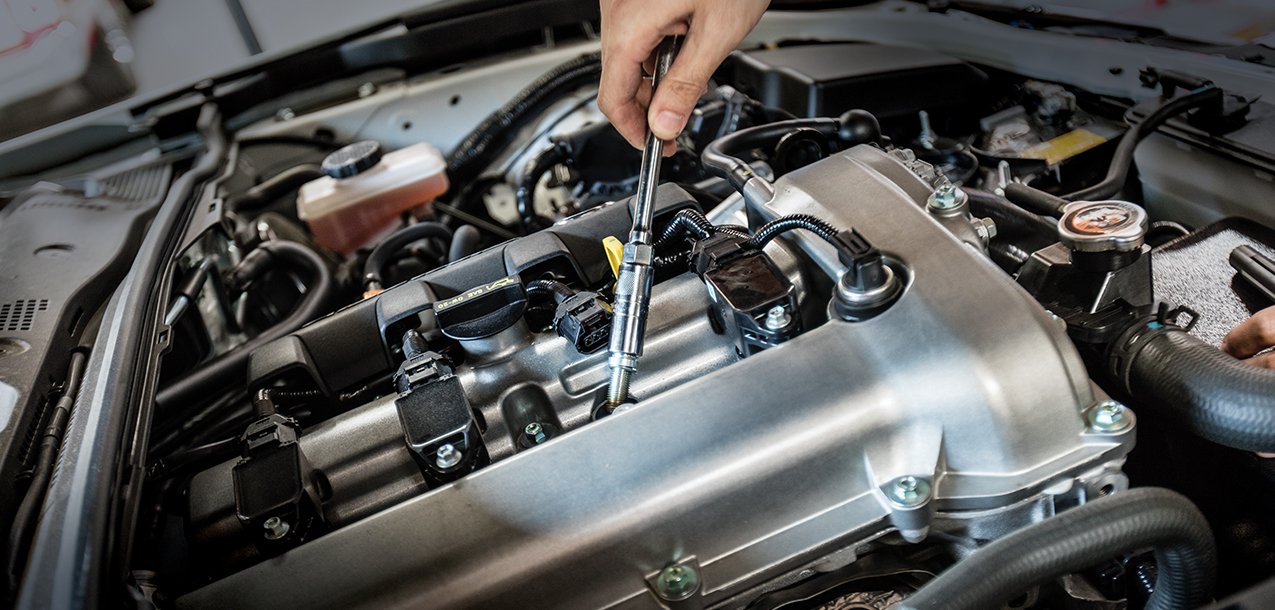
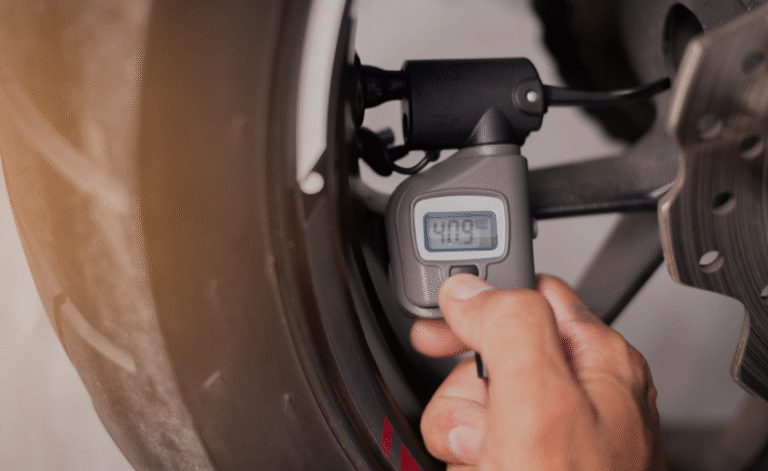

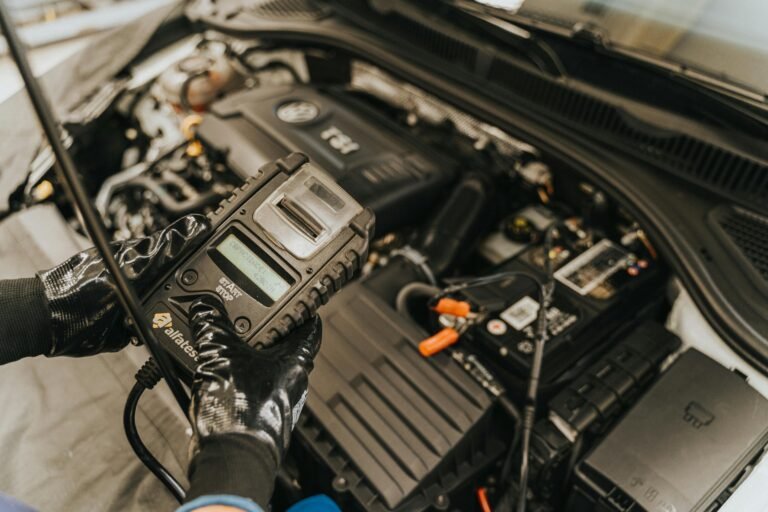
[…] car in top shape, regular maintenance is essential. One crucial aspect of this maintenance is the auto tune-up. However, many car owners find themselves wondering, What exactly is the auto tune-up cost? Whether […]
[…] precisely how much an oil change at Jiffy Lube will cost can help you budget for this crucial maintenance service. As of 2025, prices fluctuate depending on oil type and vehicle […]
[…] Maintenance Tip — Check your oil every month and change filters as needed. With oil levels dropping so low it could have led to engine failure and huge costs by catastrophic damage. […]
[…] Patching is an especially easy repair for drivers because it’s significantly cheaper than the cost of a new tire, which can range from $100 to $300 for most cars. […]